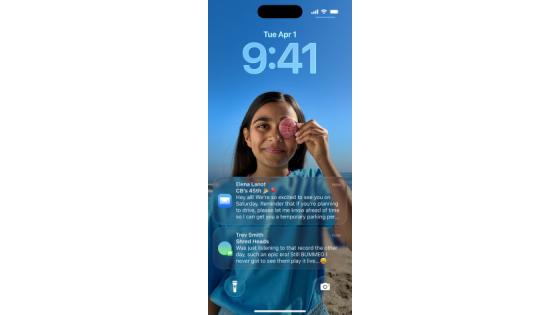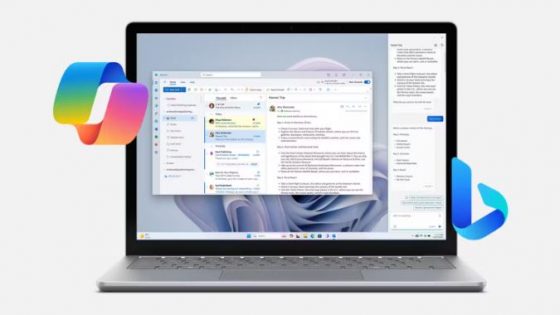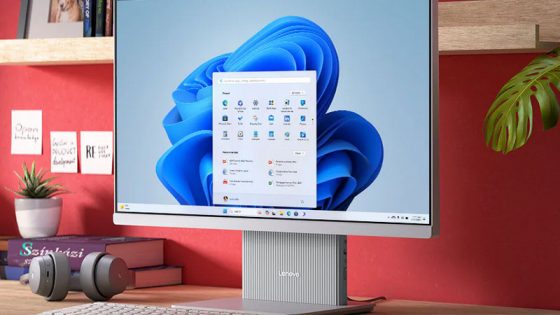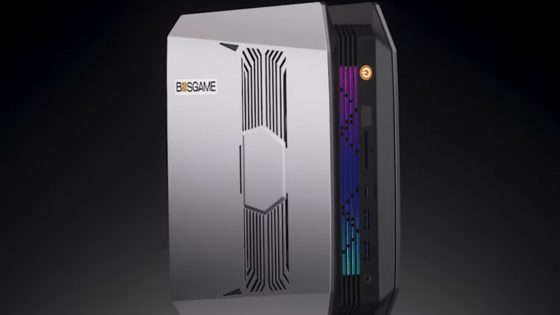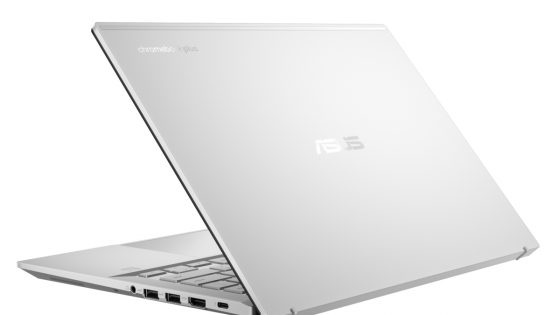OpenAI launches ChatGPT Atlas browser
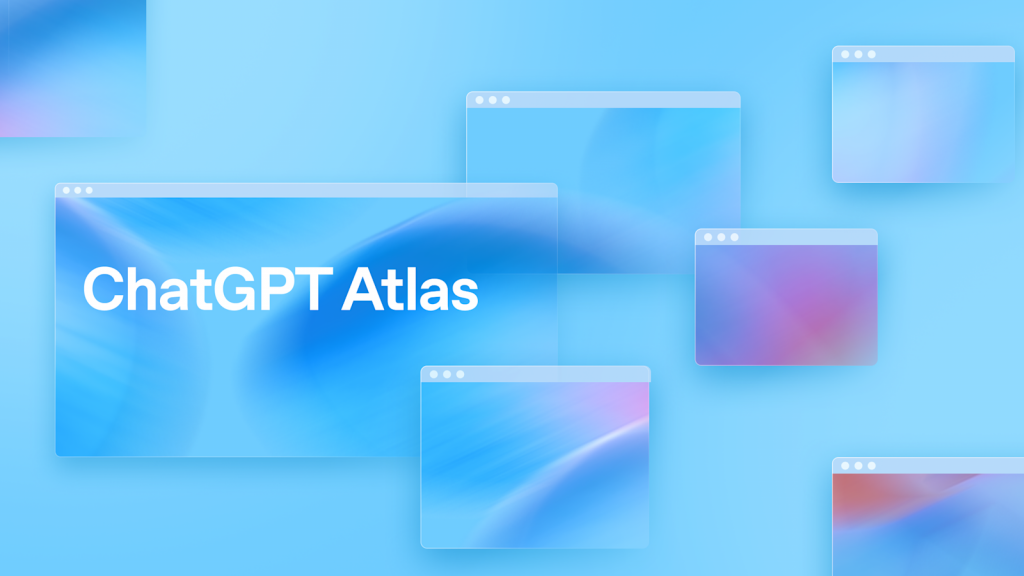
Browsers are becoming the next battleground in the world of artificial intelligence. While Google Chrome has long dominated the market, AI tools are changing the way people search for information and get work done online. Startups like Perplexity with its Comet browser and The Browser Company with Dia have already tried to combine browsing and artificial intelligence. Google and Microsoft are also bringing UI features to Chrome and Edge.
What ChatGPT Atlas brings
Project engineer Ben Goodger said that ChatGPT is the heart of the new browser. Users will be able to chat with their search results, similar to Perplexity or Google's UI mode. One of the key features of Atlas will be a sidecar - a built-in conversational assistant that understands the context of the content on the screen and allows for interactive work without copying and pasting content.
Product manager Adam Fry confirmed that Atlas will also support browsing history, meaning ChatGPT will be able to analyze visited websites and user behavior, offering more personalized responses.
Agent mode and automation
ChatGPT Atlas also includes an “agent mode,” which allows users to have ChatGPT automatically perform simple online tasks—from searching for information to filling out forms. This mode will initially be available only to ChatGPT Plus, Pro, and Business subscribers.
ChatGPT CEO Nick Turley said he was inspired by how browsers have transformed the workplace and that OpenAI aims to create a similar revolution with ChatGPT Atlas. However, OpenAI will have to convince the more than 3 billion Chrome users who are accustomed to the Google ecosystem. While there is a lot of interest in AUI browsers in Silicon Valley, their global visibility and actual use are still lagging behind.











